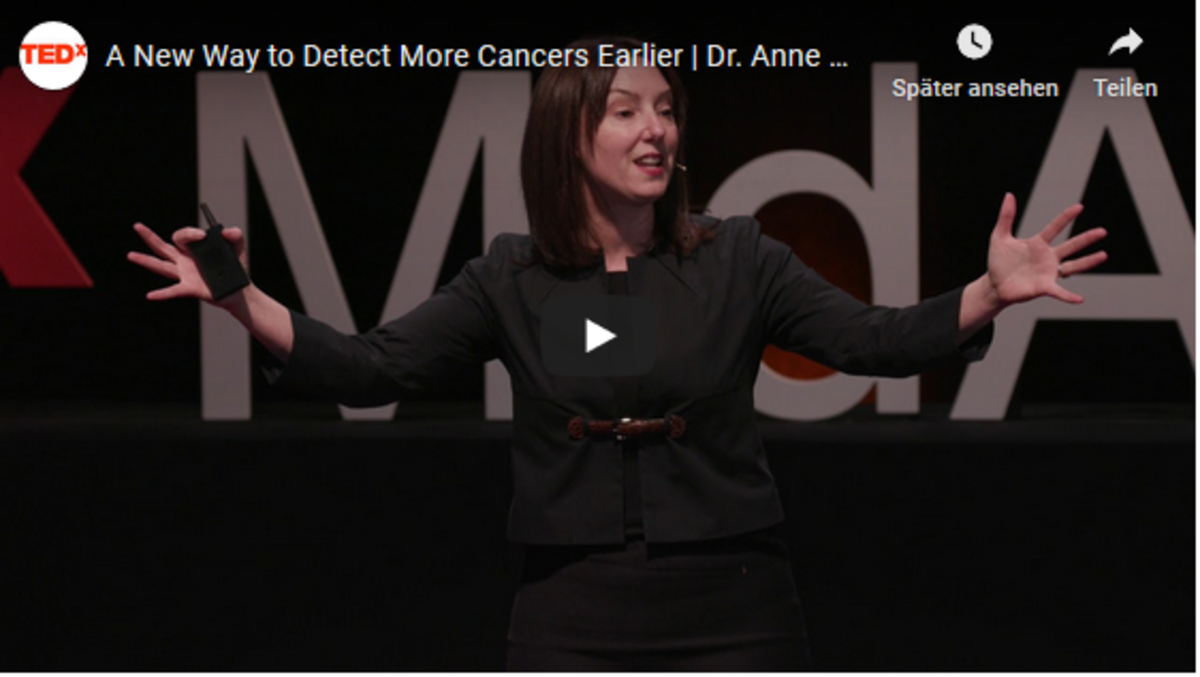A New Way to Detect More Cancers Earlier
Lennon, a medical doctor and Associate Professor of Medicine at Johns Hopkins, is an expert in early cancer detection and prevention, having authored over 100 peer-reviewed papers on the topic.
The problem with spotting cancer molecules circulating in the bloodstream is that they are present only in extremely minute quantities. As Lennon describes it: it’s like finding a needle in a haystack. For every 10,000 DNA fragments in a cancer patient’s blood sample, only between 1 and 5 of those are mutated sequences, indicative of the presence of disease.
The first iteration of the platform, known as Safe-SeqS, used a DNA barcode attached to a single mutant DNA template as a means to gauge the system’s sensitivity. Sequencing DNA in blood draws from cancer patients and healthy controls revealed that Safe-SeqS could positively identify around 30 percent of those taken from pancreatic cancer sufferers.
This was in itself a major milestone, considering no early detection strategies for pancreatic cancer currently exist and consequently, only 7 percent of diagnosed patients survive the disease.
In a bid to improve Safe-SeqS’ diagnostic capabilities, the researchers took a two-fold approach towards designing CancerSEEK. This new platform combed liquid biopsies, picking up both tumor DNA as well as other known molecular markers associated with a variety of common cancers. This system doubled its hit rate with a median of 70 percent of cancer samples correctly identified, with no false-positive hits for healthy controls.
Among CancerSEEK’s most impressive scores was a 98 percent positive discovery of samples from patients with liver and ovarian cancers.
On a positive note, CancerSEEK looks to have a clear path to becoming a routine part of medical care, with the inventors already hauling in $110 million in investment dollars to commercialize the technology.
Sources: Labroots, TEDx Talks, Johns Hopkins University

